
People about to have cancer often have 3 signs in the neck
3 Warning Signs in the Neck That May Indicate Cancer – Early Examination Could Save Your Life
Cancer is a silent disease that often shows subtle symptoms before it becomes severe. Many people ignore early signs in the neck, assuming they are harmless. However, certain changes in the neck could be an early warning sign of serious health issues, including cancer.
If you or a loved one notice these three symptoms, it’s important to seek medical advice early—early detection can significantly improve treatment outcomes.
1. Why Your Neck Could Be a Key Indicator of Cancer
The neck contains many important structures such as the lymph nodes, thyroid gland, and throat tissues. Any abnormal growth, swelling, or persistent discomfort in this area could indicate an underlying health problem.
✔ Types of Cancer That May Affect the Neck Area:
- Lymphoma (Lymph Node Cancer)
- Thyroid Cancer
- Nasopharyngeal Cancer (Throat Cancer)
- Oral Cancer (Mouth or Tongue Cancer)
🚨 Early symptoms are often mild, but detecting them early can prevent late-stage complications.
2. 3 Warning Signs in the Neck That Should Not Be Ignored
✅ 1. Unexplained Lumps or Swollen Lymph Nodes
Why It Happens:
- Lymph nodes help fight infections, but persistent swelling (more than 2 weeks) could be a sign of cancer.
- Cancerous lumps are usually painless, firm, and do not go away.
🚨 When to Worry:
- A lump that keeps growing and does not shrink.
- Swollen lymph nodes that do not respond to antibiotics.
- Lumps that feel hard, fixed, and painless.
💡 What to Do:
- Gently check your neck for any unusual lumps or swelling.
- If swelling persists for more than two weeks, consult a doctor.
✅ 2. Persistent Hoarseness or Voice Changes
Why It Happens:
- Throat or thyroid cancer can affect vocal cords, leading to changes in voice.
- Tumors in the larynx (voice box) can cause persistent hoarseness.
🚨 When to Worry:
- Hoarseness or voice changes that last more than 3 weeks.
- Feeling of a lump in the throat when swallowing.
- Chronic cough or sore throat that does not improve.
💡 What to Do:
- If hoarseness does not improve after 2-3 weeks, seek medical evaluation.
- Get a throat and thyroid examination to rule out serious conditions.
✅ 3. Thickened or Darkened Skin on the Neck
Why It Happens:
- A condition called Acanthosis Nigricans causes thick, dark, velvety skin, often around the neck.
- This could indicate hormonal imbalance, diabetes, or even internal cancer.
🚨 When to Worry:
- Sudden skin thickening or dark patches that spread.
- Skin changes without exposure to sun or friction.
- Itching, irritation, or a burning sensation in the affected area.
💡 What to Do:
- Monitor skin changes closely and note any unusual textures.
- Get tested for diabetes, thyroid problems, and cancer screening.
3. Who Is at Higher Risk of Neck-Related Cancer?
Some people are more at risk of developing cancers affecting the neck due to lifestyle habits or medical conditions.
✔ Higher Risk Groups:
✅ Smokers and Heavy Drinkers – Higher risk of throat and oral cancer.
✅ People with Long-Term Acid Reflux (GERD) – Increases risk of esophageal and throat cancer.
✅ Individuals with a Family History of Cancer – Genetic factors play a role.
✅ People Exposed to Air Pollution & Toxic Chemicals – Higher risk of nasopharyngeal cancer.
🚨 If you fall into any of these categories, regular check-ups are essential for early detection.
4. How to Reduce Your Risk and Protect Your Health
💡 Simple Changes That Can Save Your Life:
✅ 1. Get Regular Medical Checkups
✔ Visit a doctor if you experience persistent lumps, hoarseness, or skin changes.
✔ Request ultrasound scans or biopsies if you notice abnormal growth.
✅ 2. Quit Smoking & Reduce Alcohol Consumption
✔ Smoking increases the risk of multiple cancers, including lung and throat cancer.
✔ Alcohol damages throat tissues and increases inflammation.
✅ 3. Maintain a Healthy Diet
✔ Eat more antioxidant-rich foods (fruits, vegetables, green tea).
✔ Reduce processed foods and fried items to lower cancer risk.
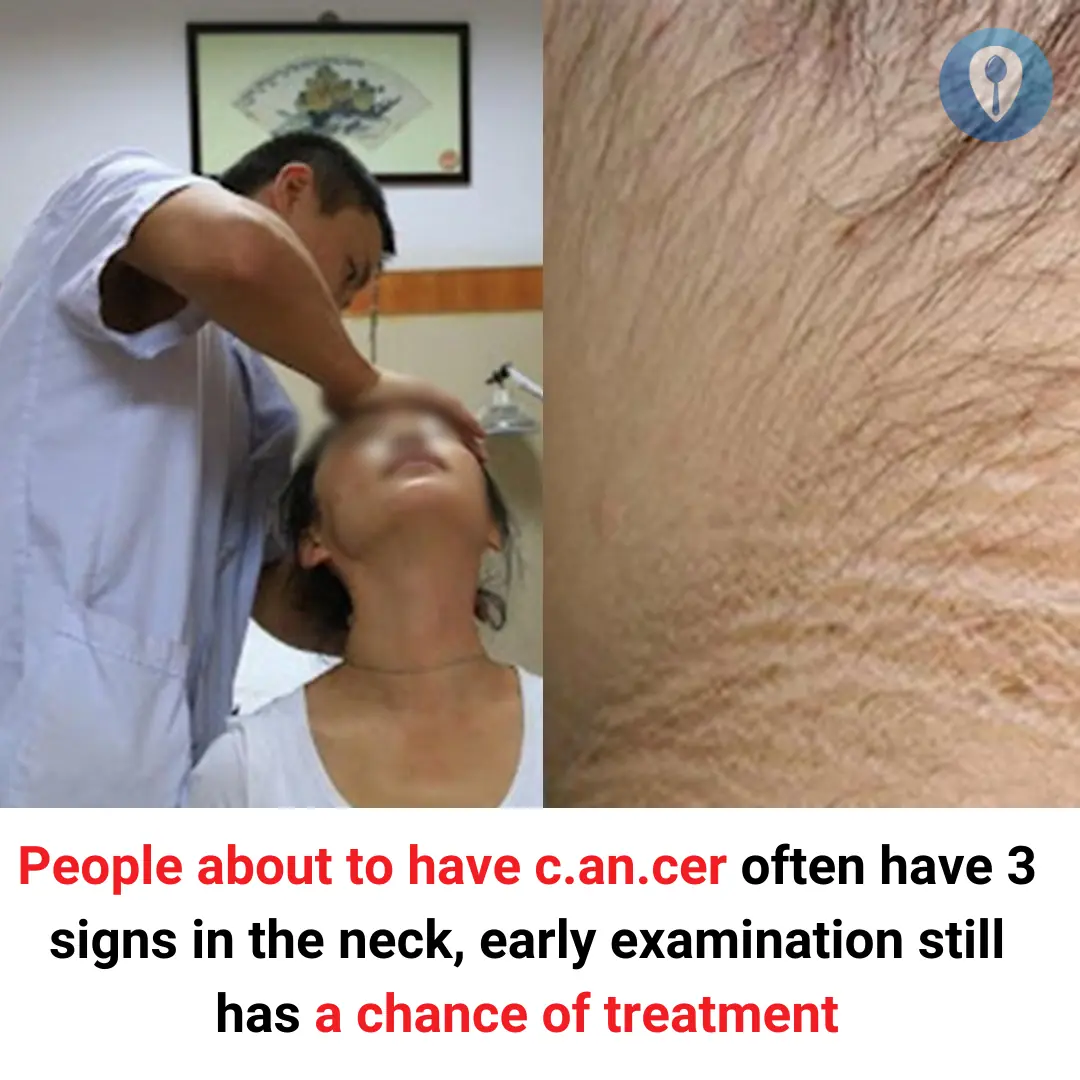
News in the same category

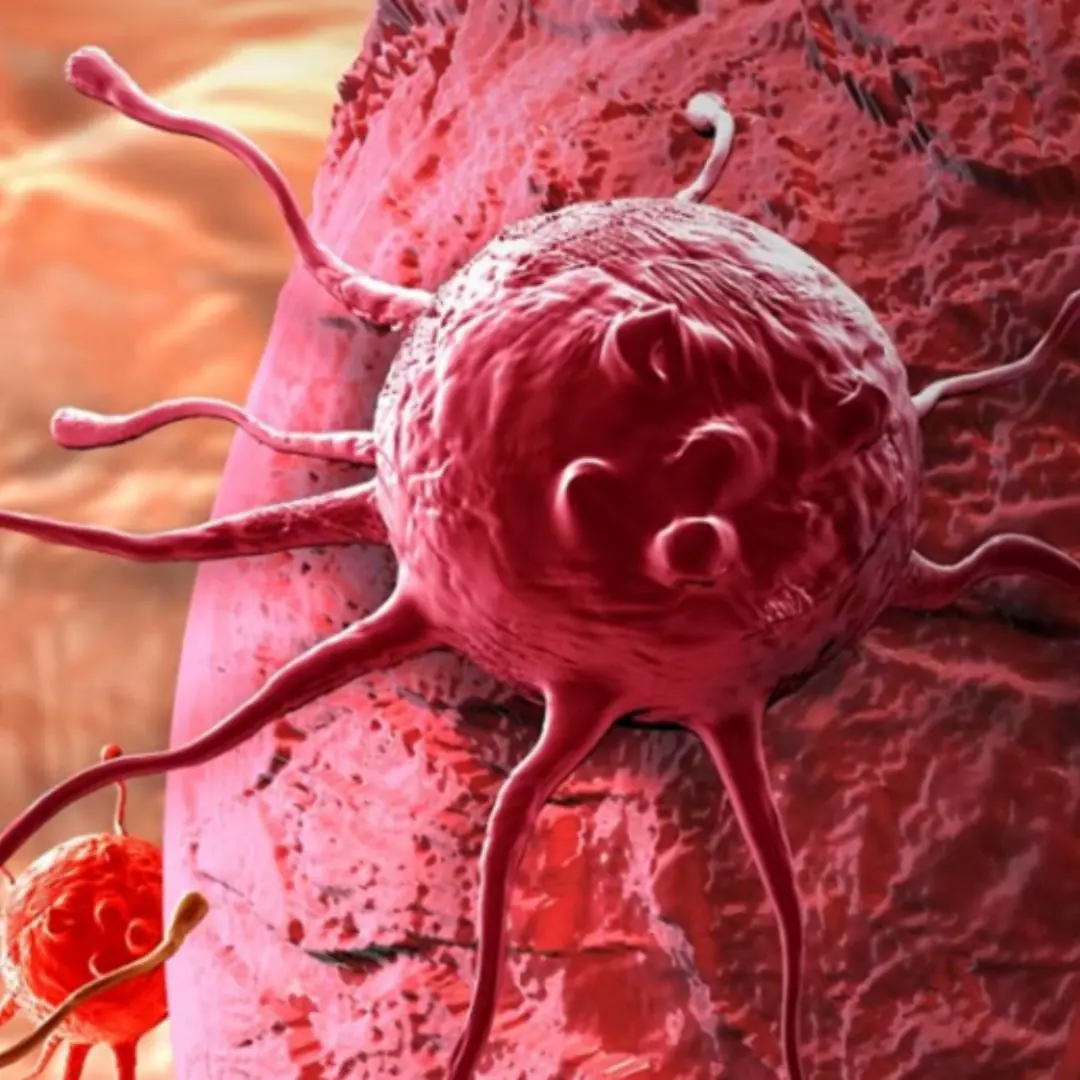
Eliminate Cancer Cells with Juice for Over 30 Days

The plant you see in the picture is one of the most miraculous plants in the world

Tired But Can't Sleep: 8 Reasons Why and What To Do About It

Warn:ing Symptoms of Heart Blockage In Legs And Feet At Night
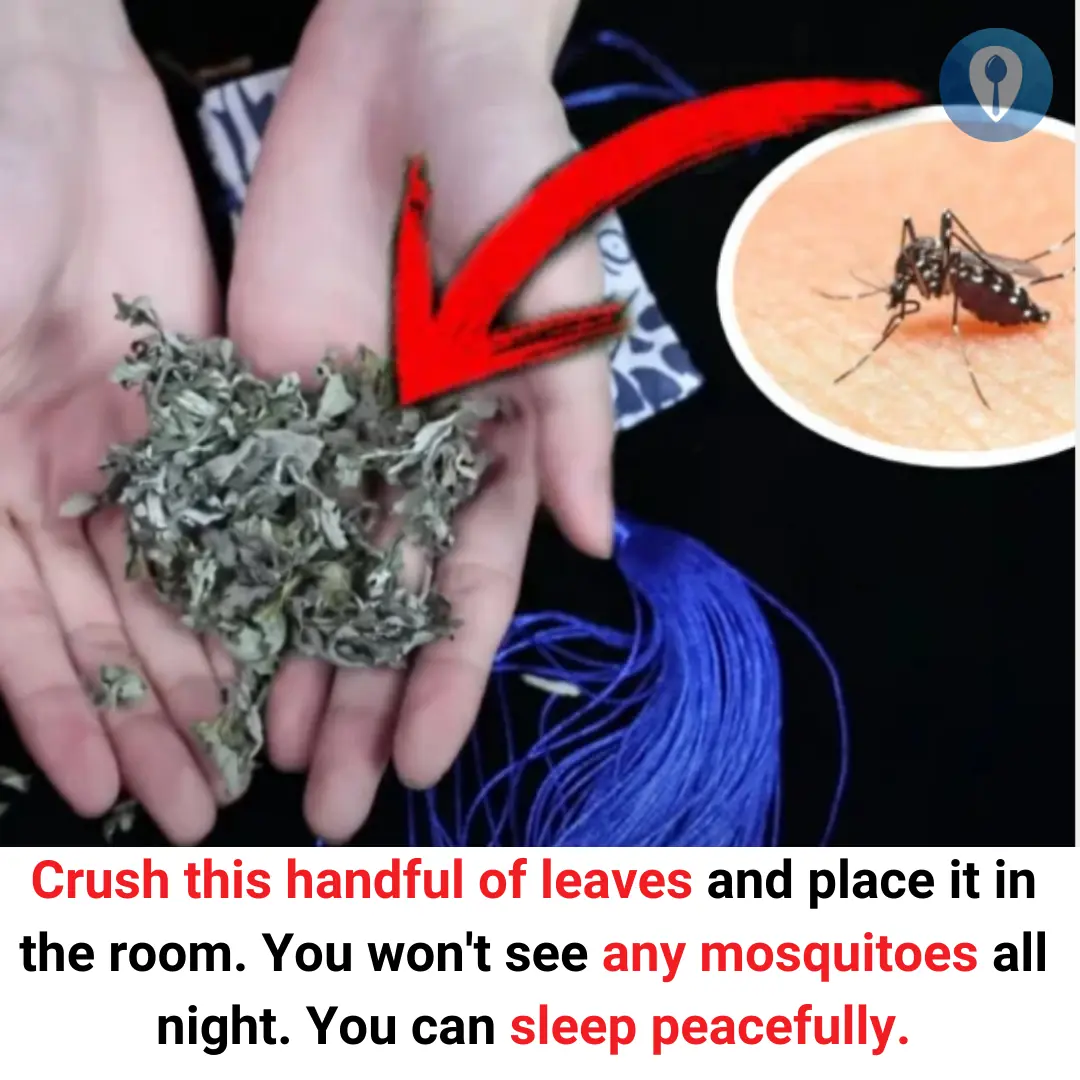
Crush this handful of leaves and place it in the room

7 Signs Of Intestinal Parasites Living Inside Your Body

Charging the battery to 100% is foolish: This is the standard way to charge the battery without
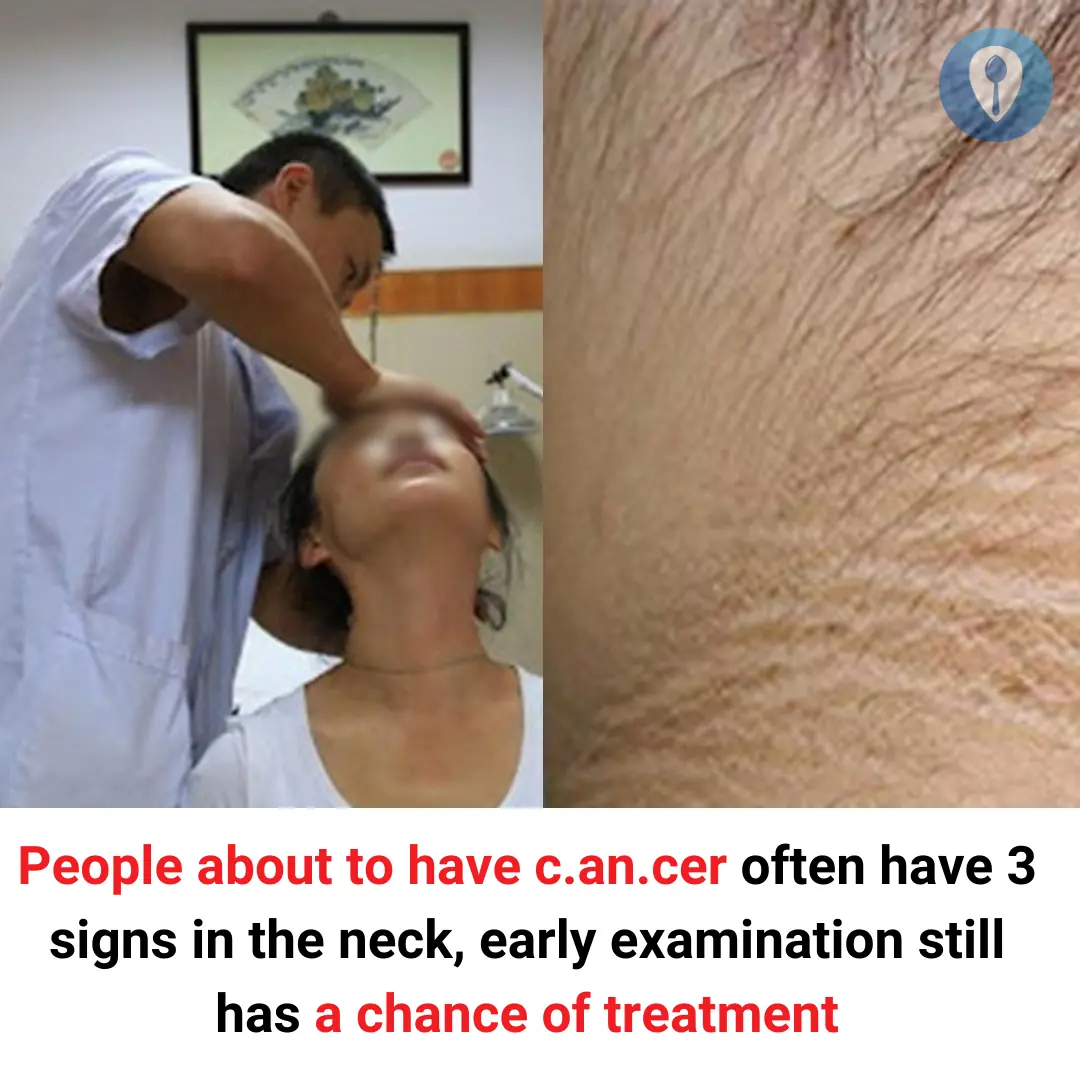
People about to have cancer often have 3 signs in the neck

Sore throat examination revealed late stage stomach

7 Signs of Female Hormonal Imbalance Every Woman Should Know – Causes, Symptoms, and Solutions

Is Eating Ginger at Night as Toxic as Arsenic? The Truth Behind the Claim

These 5 groups of people should not eat tofu

Insisting on keeping a habit, w.oman must have dialysis for life

5 things to do when waking up that are good for people with high cholesterol

US: Breakthrough k.i.dney c.a.ncer vaccine development
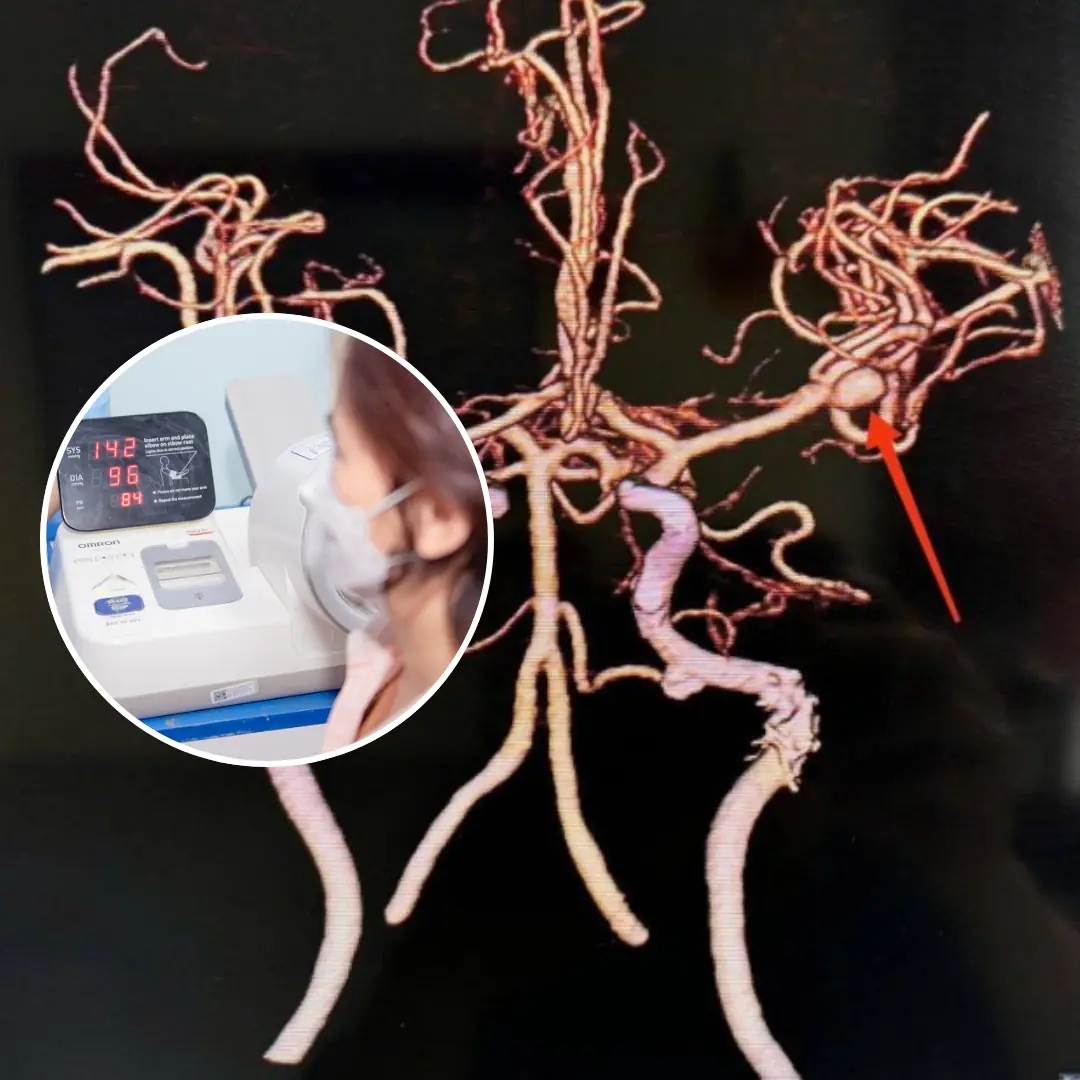
47-year-old woman suddenly had a headache, almost d.i.ed from a br.ain he.morrhage after taking a bath

A Sign of Stroke May Occur 90 Days in Advance

This vegetable is "more nutritious than meat, cheaper than medicine"
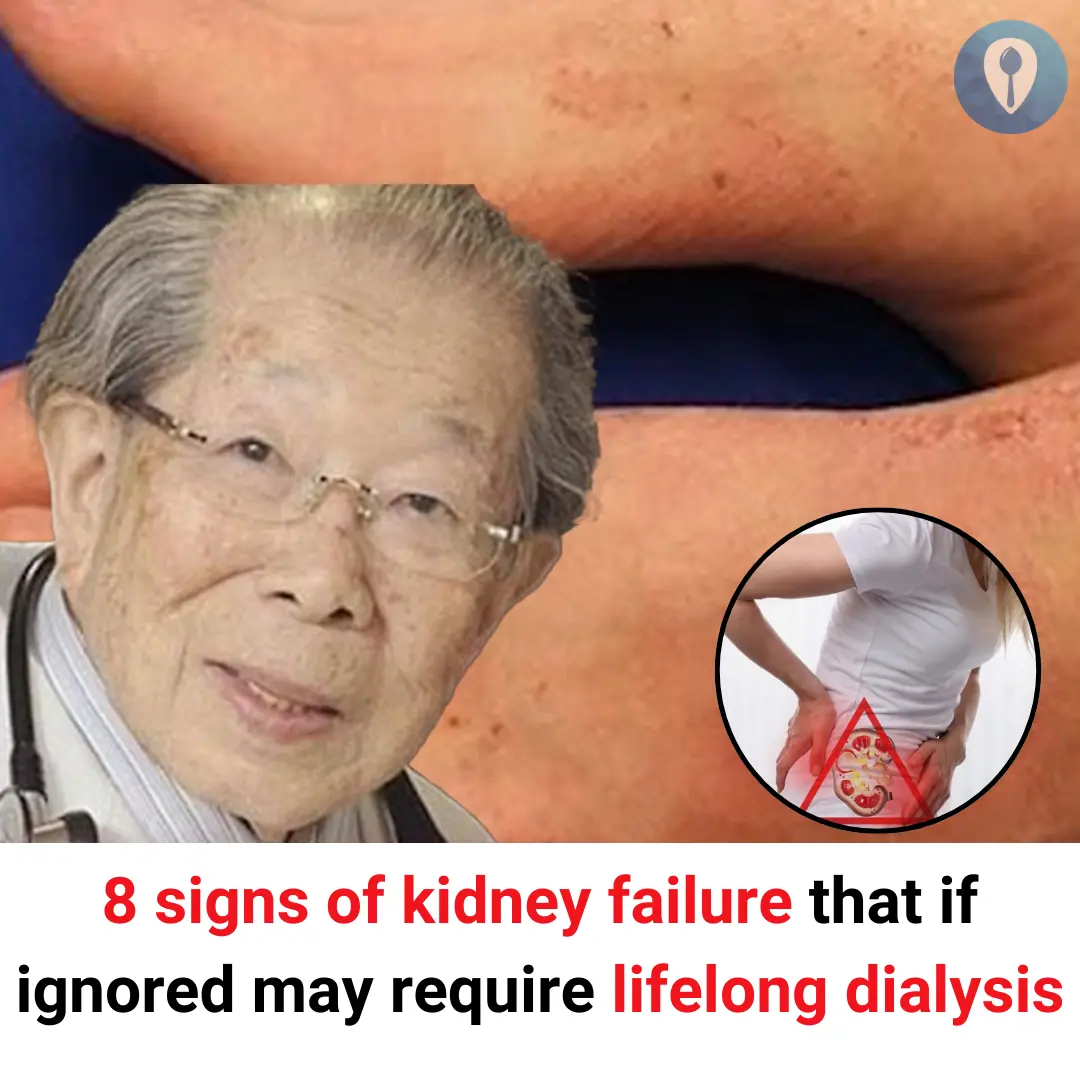
8 signs of kidney failure that if ignored may require lifelong dialysis
News Post

4 Raw Foods That Offer Superior Health Benefits

Every home should plant it!

Let’s explore how garlic and onion can support ear health and the best ways to use them!

Eliminate Cancer Cells with Juice for Over 30 Days

The plant you see in the picture is one of the most miraculous plants in the world

13 Best Tips for Planting and Growing Great Tomatoes

Do you understand what i mean

Normal people will see two ducks in the picture

The Hidden Power of Lamb’s Quarters: Nature’s Humble Wonder

Mix Watermelon with These Ingredients and Your Partner Won’t Be Able to Resist You

Tired But Can't Sleep: 8 Reasons Why and What To Do About It

Warn:ing Symptoms of Heart Blockage In Legs And Feet At Night

If you drool while sleeping often, check for these 6 diseases

Crush this handful of leaves and place it in the room

7 Signs Of Intestinal Parasites Living Inside Your Body

Charging the battery to 100% is foolish: This is the standard way to charge the battery without

Sore throat examination revealed late stage stomach

7 Signs of Female Hormonal Imbalance Every Woman Should Know – Causes, Symptoms, and Solutions
